Pool chlorine is an important part of the pool maintenance process. Chlorine typically comes in tablet or liquid form that are then added to a skimmer basket or floating dispenser. Learn about all the different types of chlorine available and how to use it in your pool.
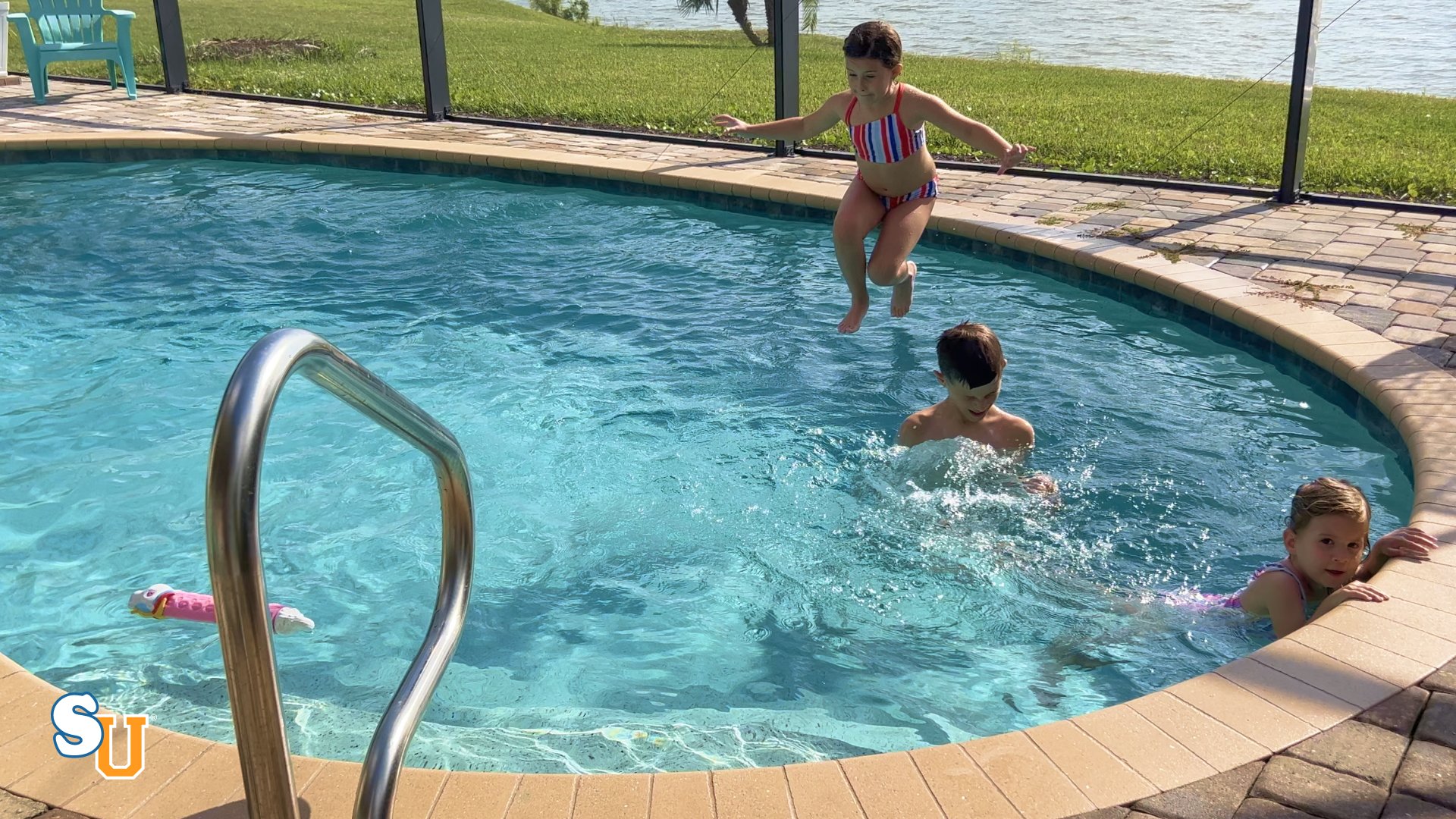
Your levels, like pH and chlorine, should all be in range before anyone gets in the water. But how long does that usually take?
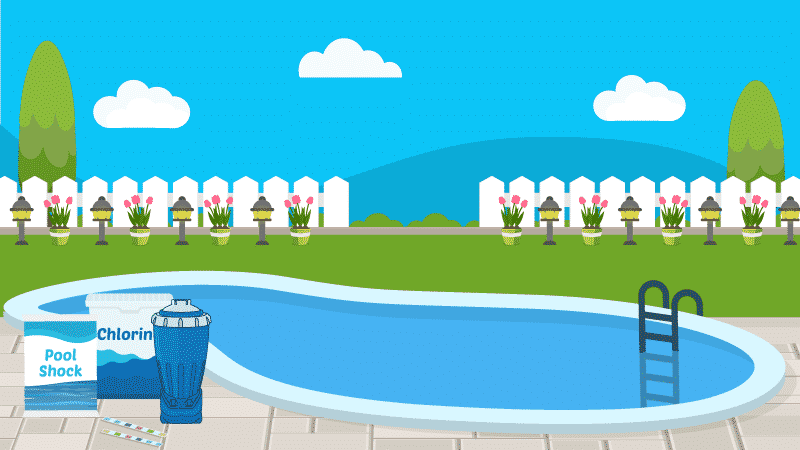
Tired of dry skin, brittle hair, and stinky "chlorine" smell? Want to spend less time balancing the water? Might be time to try a pool mineral system.
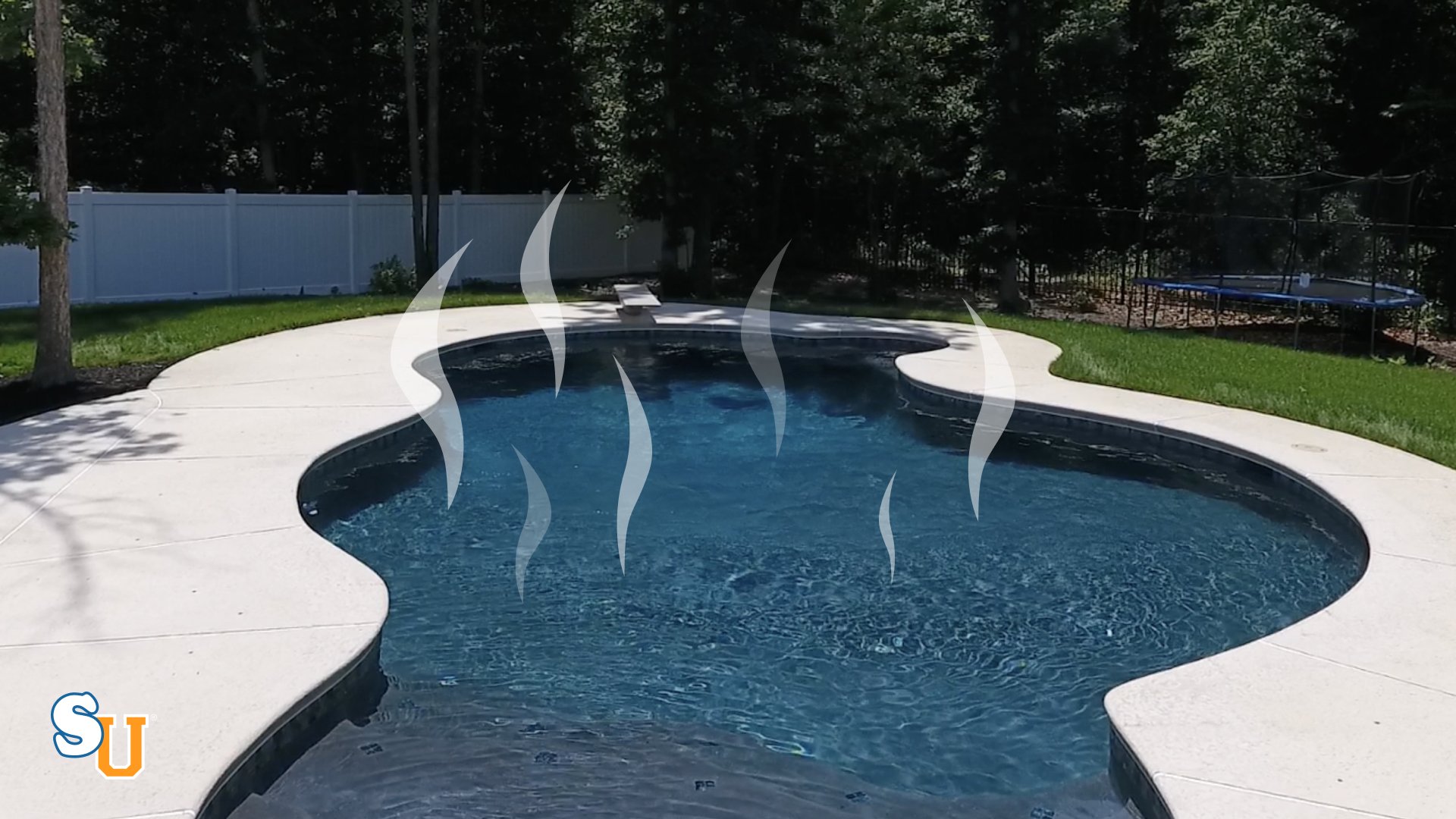
When it’s hot outside, your pool needs extra help to stay sanitized. So here are 6 ways to protect your pool water in hot weather.
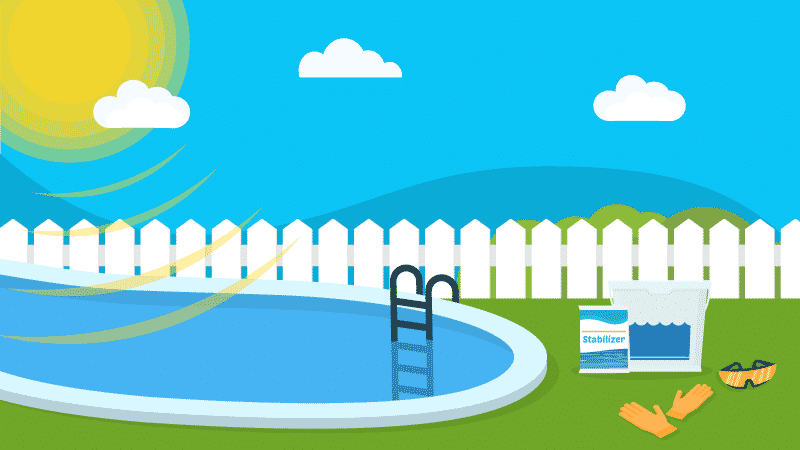
At the right levels, cyanuric acid protects chlorine in your pool and helps keep your water sanitized. Here's how to balance cyanuric acid.
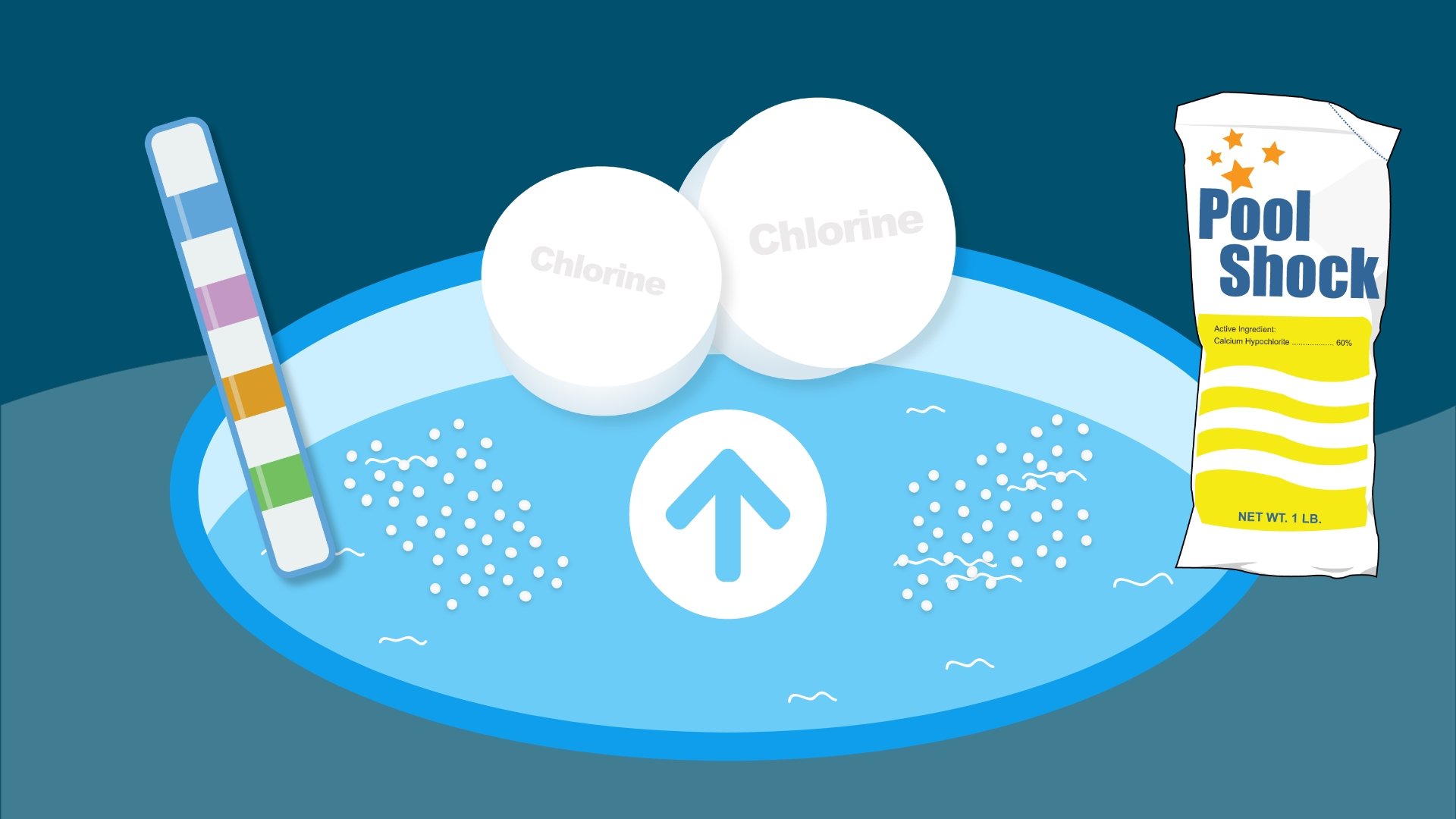
There are a few causes of low chlorine in a pool. But they're easy to fix. So here's a quick guide on how to raise free chlorine in your pool.
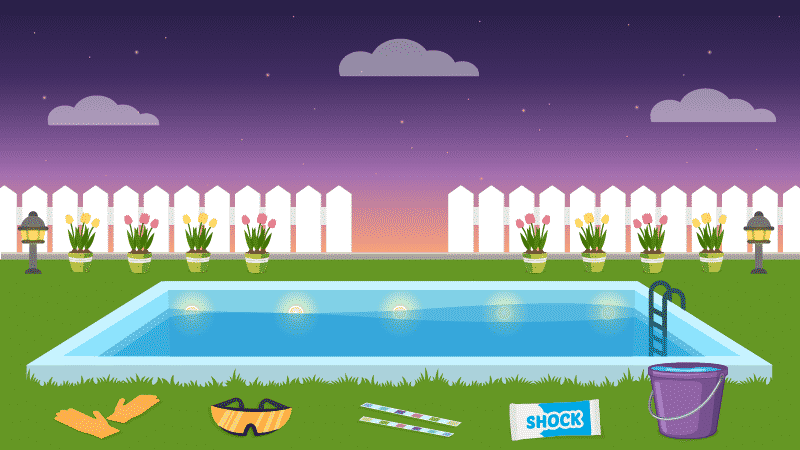
Been a while since you shocked your pool? You're laying out a doormat for algae and other contaminants. Put up a keep out sign with a dose of pool shock.
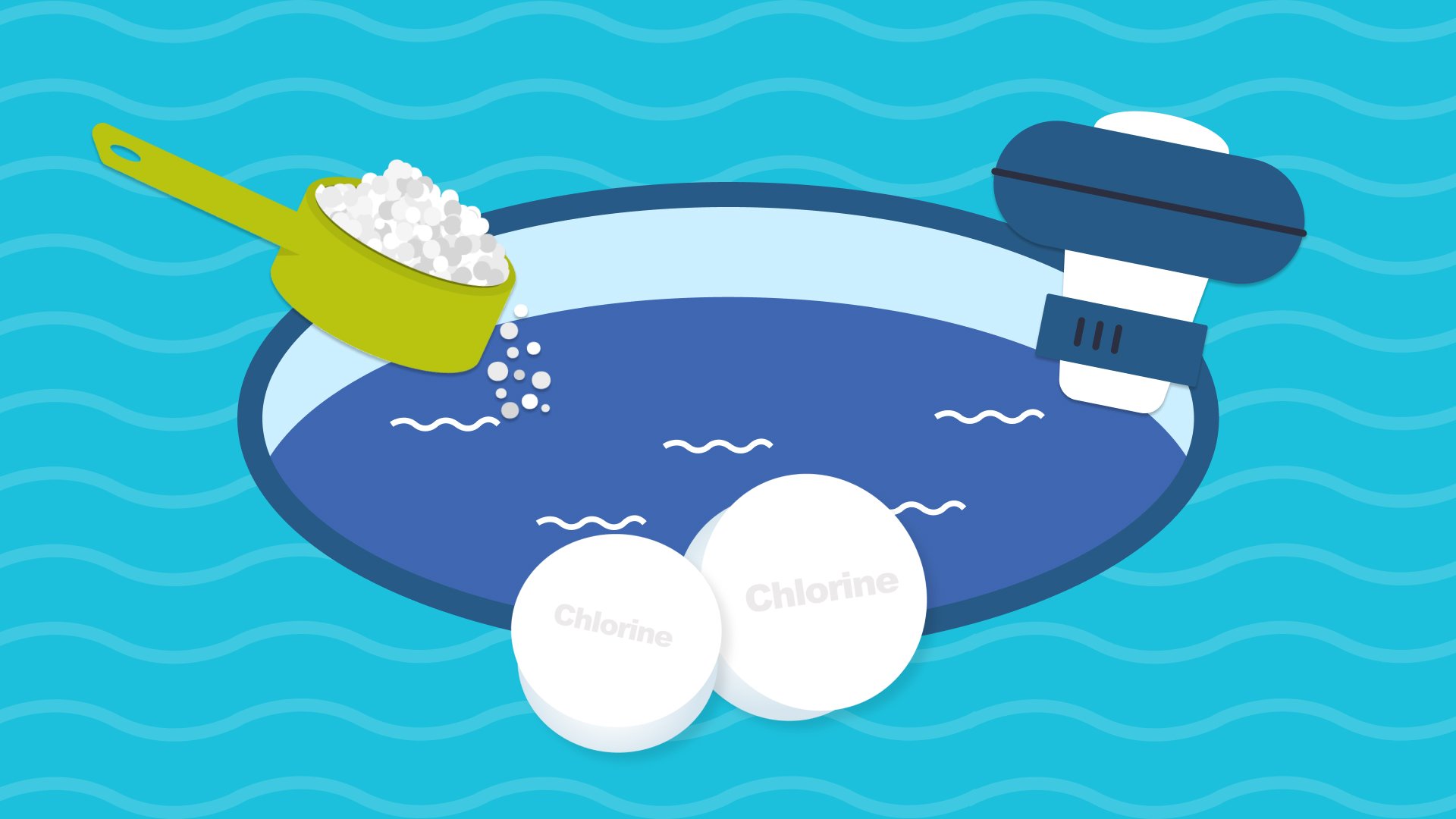
Whether you’re using tablets, granules, or liquid chlorine, you need to add chlorine to your pool about once a week. So here’s a quick guide...
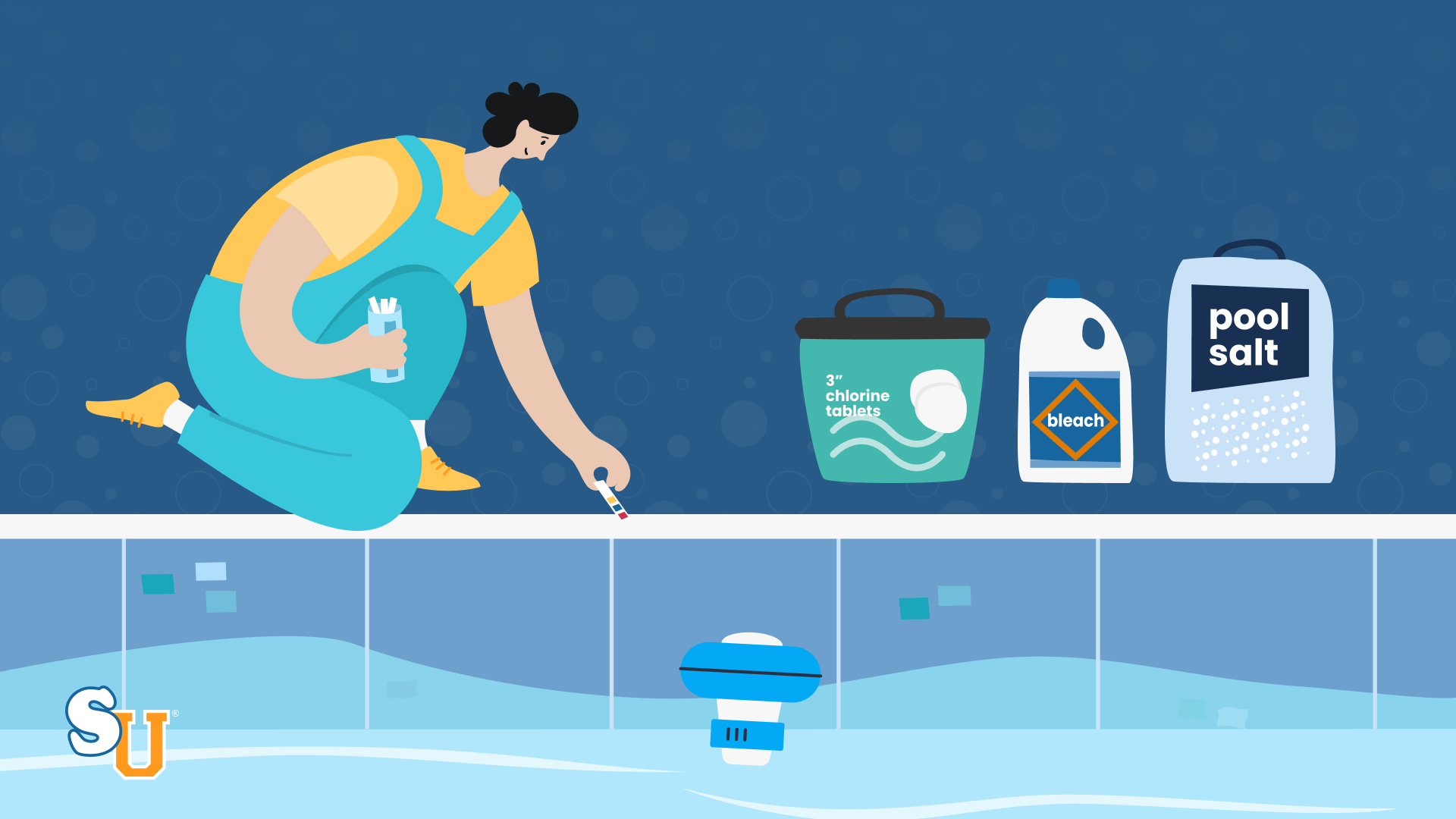
How much chlorine does your pool need? It depends on the size of your pool and what type of chlorine you buy. Here's our complete guide...
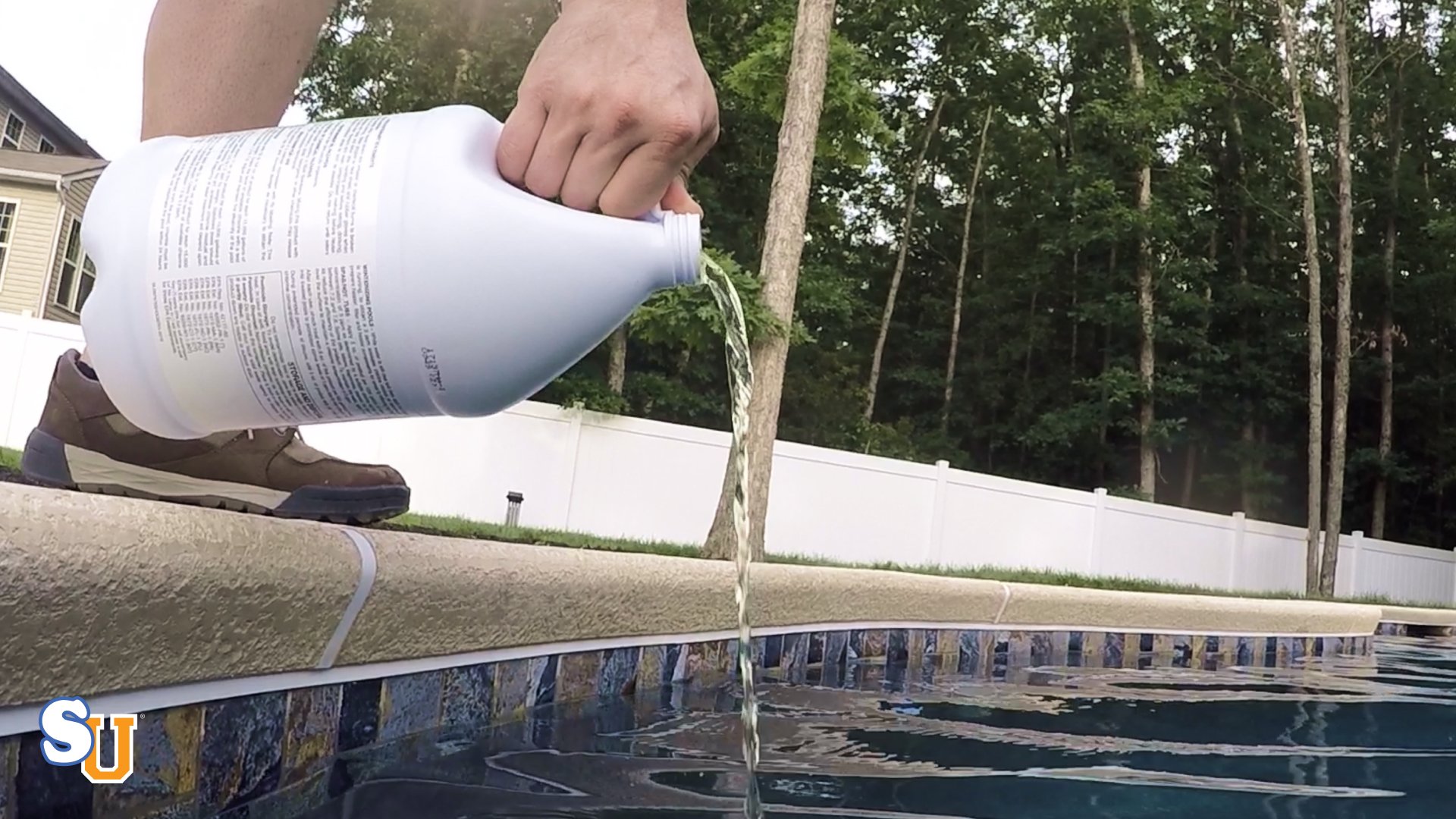
Did you know you can replace most of your expensive pool chemicals with common household products? Here’s what to use...
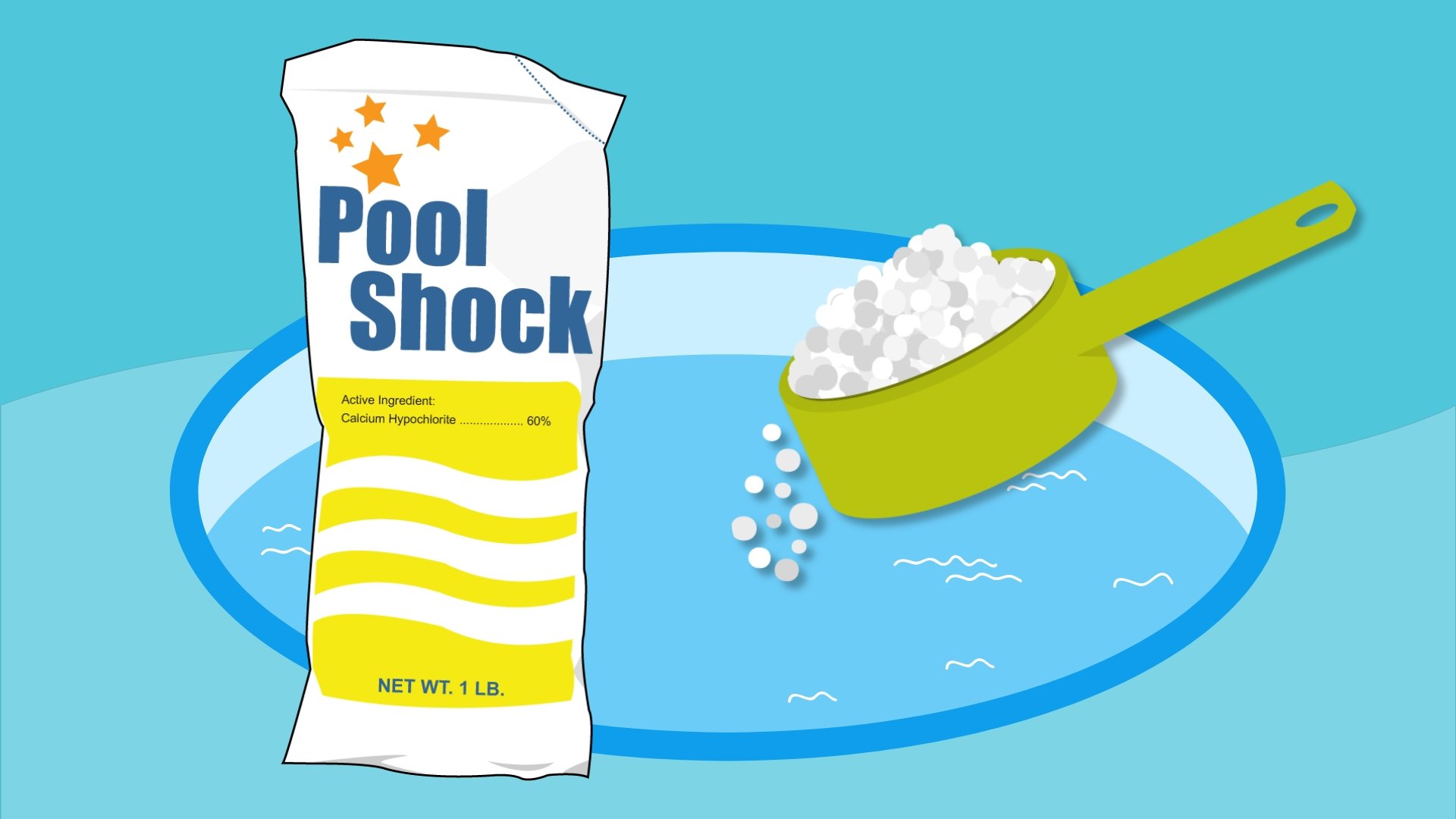
Exactly how much shock should you add to your pool? It depends on your pool's water. Here's how to calculate the right amount of pool shock.
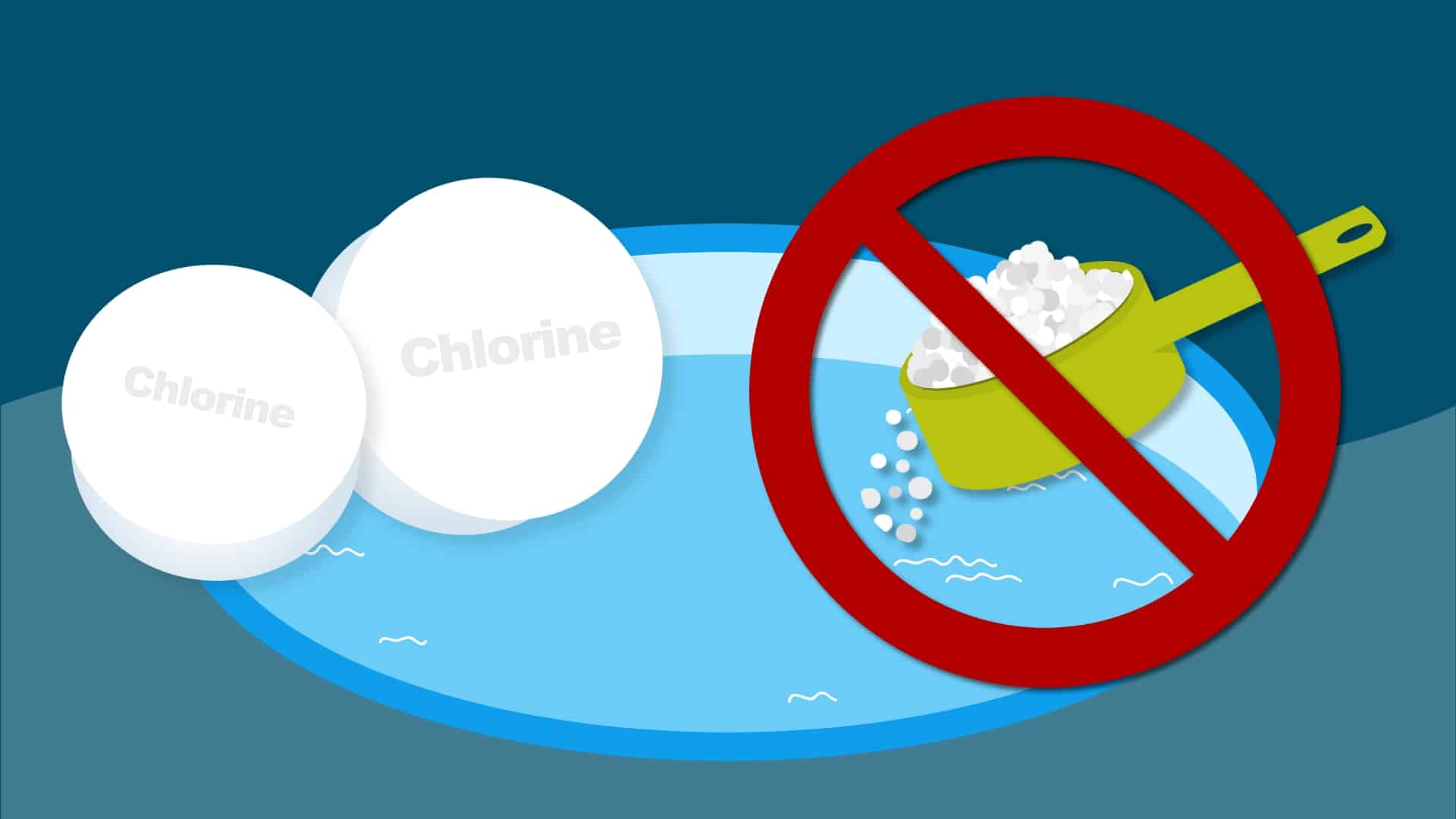
Should you switch from granules to chlorine tablets? Yes, if you're looking for an easier, more effective way to sanitize your pool. Find out why.
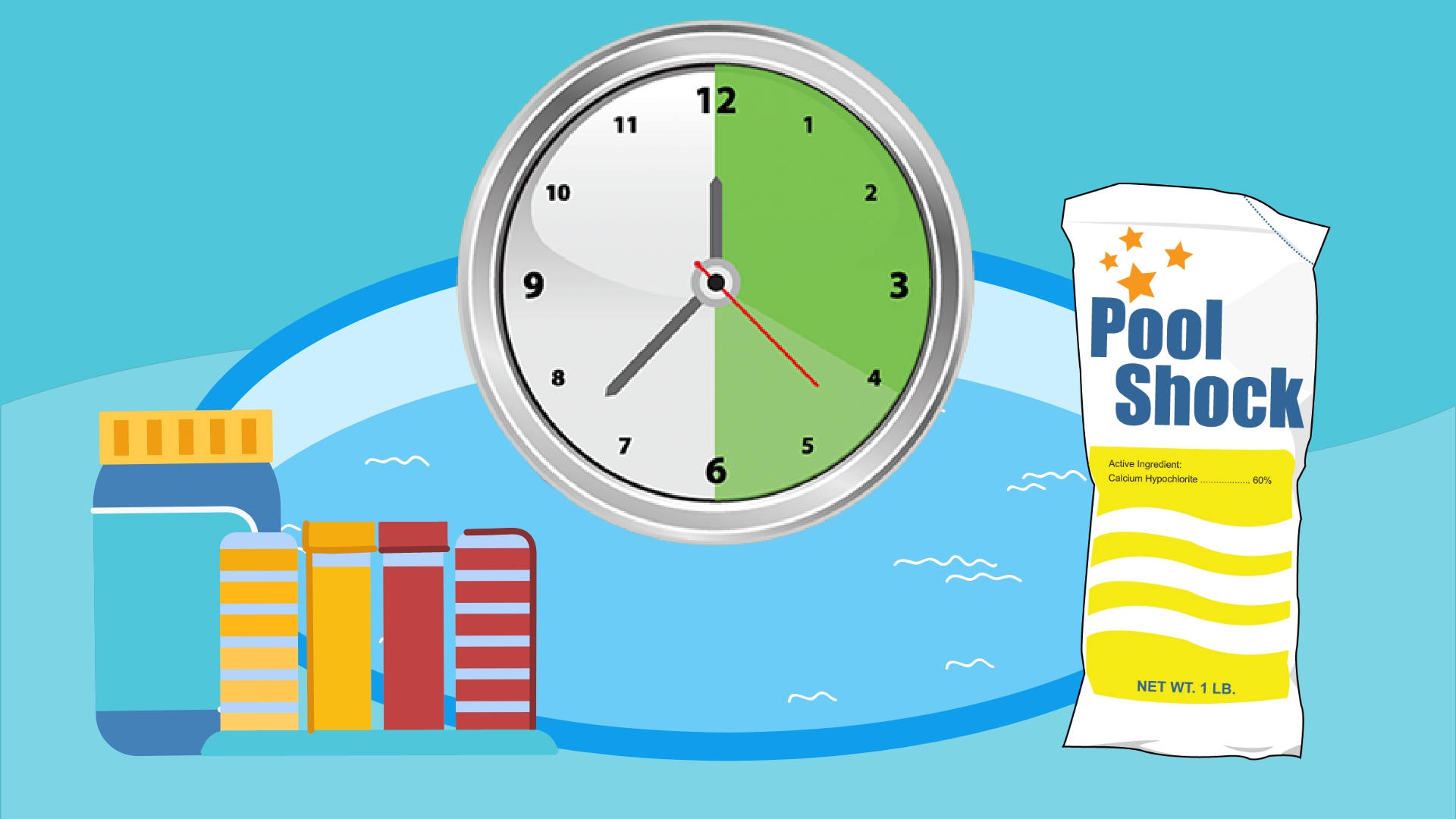
How long should you wait to swim after shocking your pool? It depends on the type of shock you use. Here's a quick guide on how long to wait.
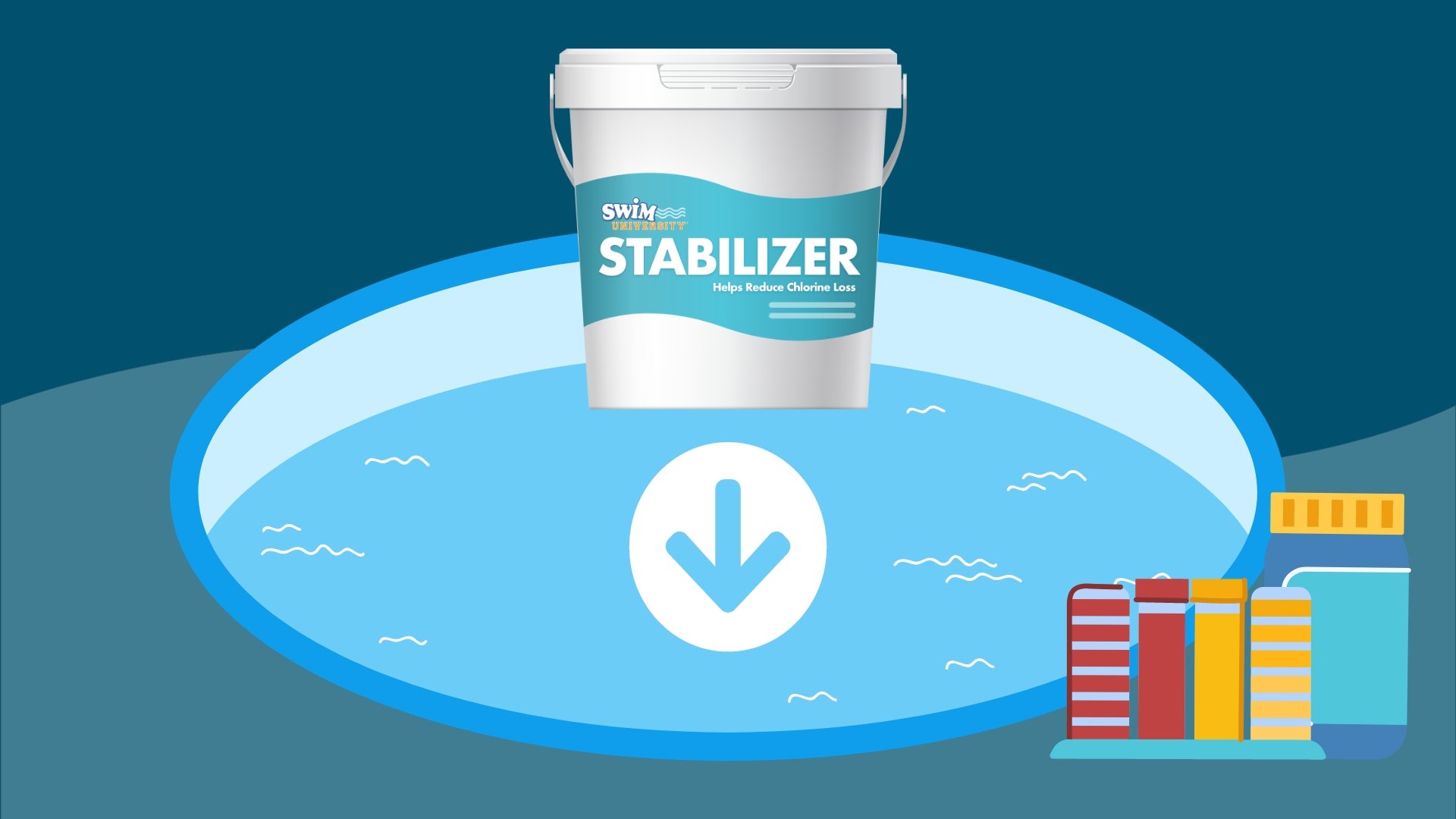
Need to lower the cyanuric acid in your pool? Here's the guaranteed way to bring down your CYA levels in your pool water.
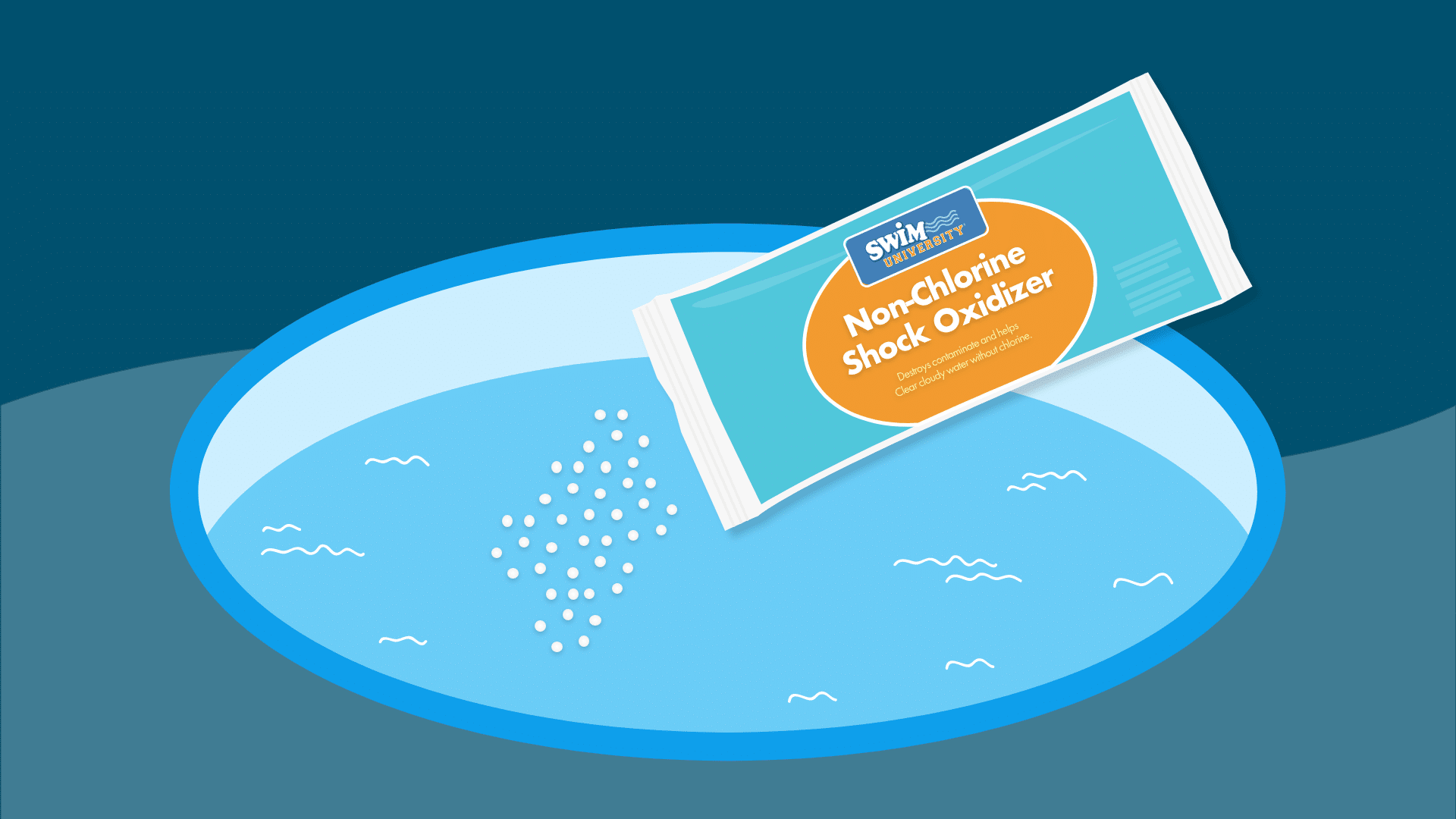
Is a non-chlorine shock right for your pool? Here are a few pool maintenance scenarios when it works well and when it doesn't.
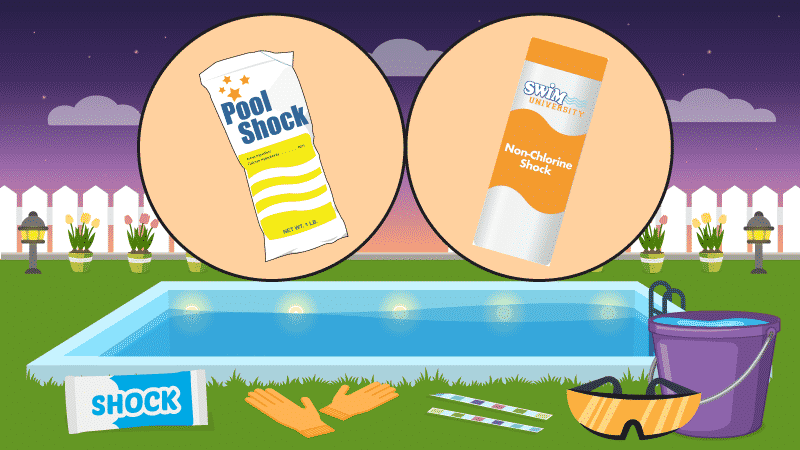
Finding the best pool shock depends on the type of pool you have and what water issues you're dealing with. Here's what to look for.
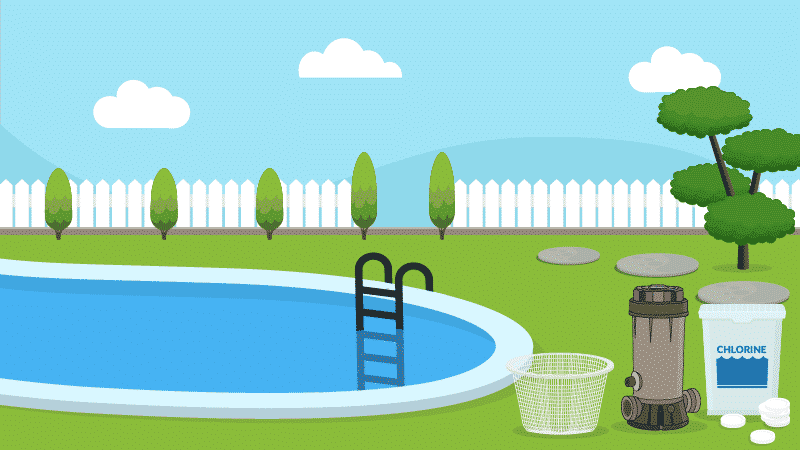
A pool chlorinator is an easy way of automatically dispensing chlorine into your pool. Here's what to know about using one in your pool.
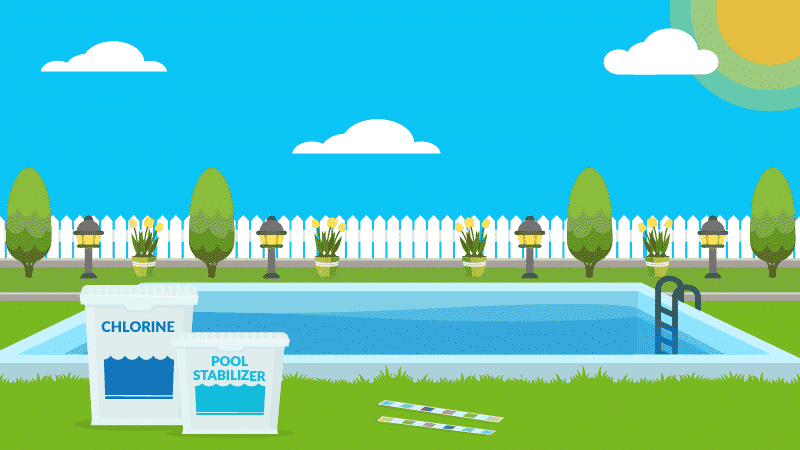
Does adding a pool chemical once a year sound too good to be true? Welcome to pool stabilizer! Learn how important it is to your pool's cleanliness.
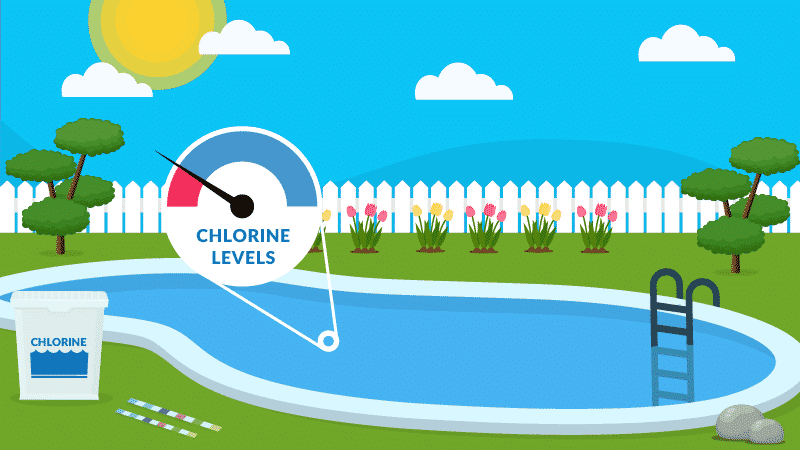
How do you know if your pool suffers from chlorine lock or demand? Hint: Only one of them is a valid problem. Find out which one and how to fix it.
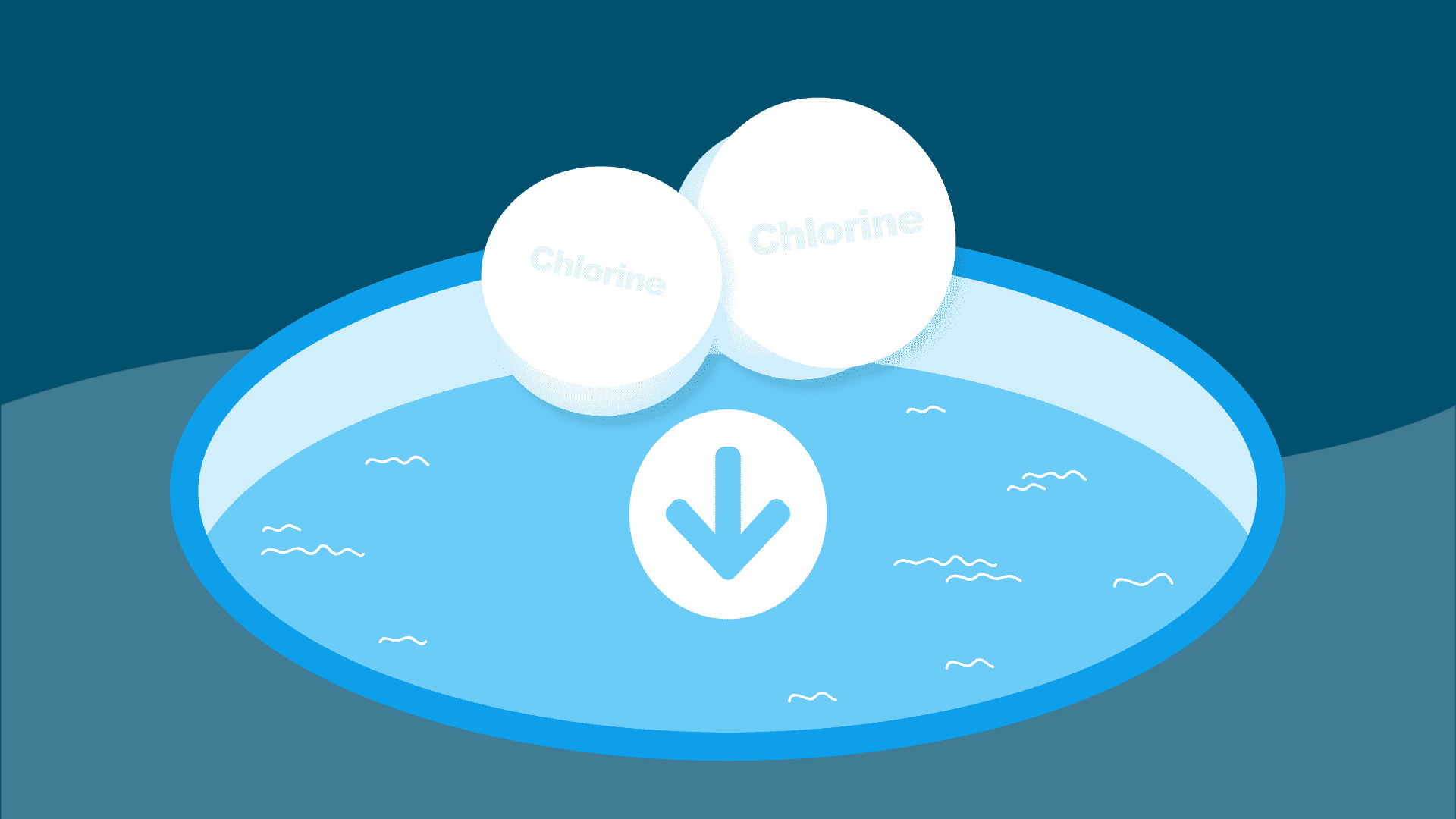
Is your chlorine too high? We’ll show you how to reduce your chlorine levels and usage in your swimming pool.
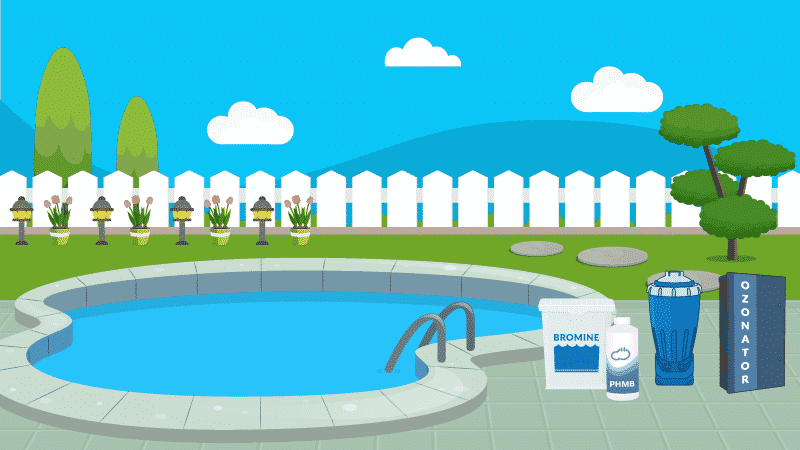
A chlorine free pool? How is that even possible? With one of the many alternatives available to sanitize your pool.
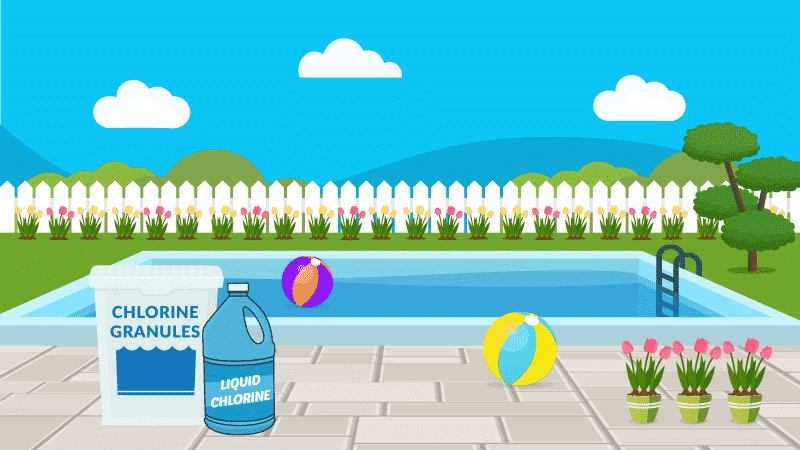
Which one's the better sanitizer? Liquid chlorine or chlorine granules? The answer won't shock you: It depends.
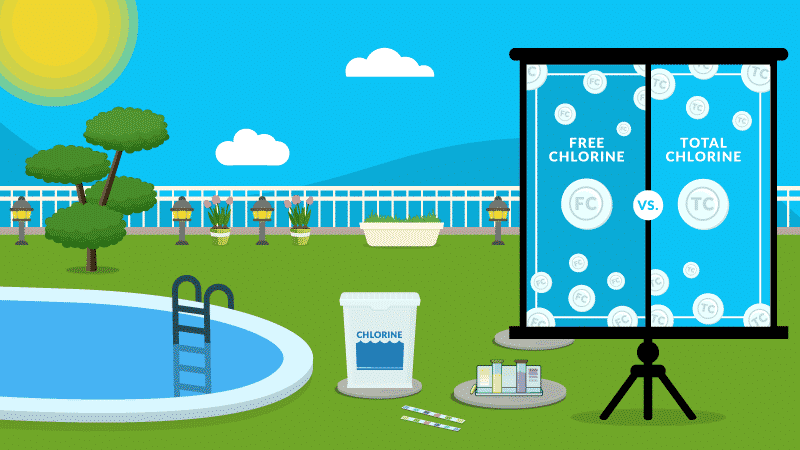
Is there enough free chlorine in your pool? If not, the pool's not as clean as you think it is. The key is understanding both total and free chlorine.
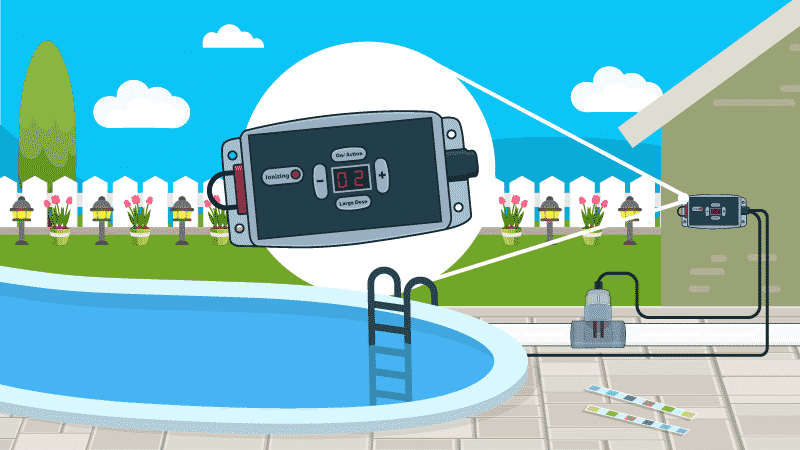
Are you sensitive to harsh chlorine? Just want a gentler sanitizer? A pool ionizer that uses mineral ions to clean the water may be the way to go.
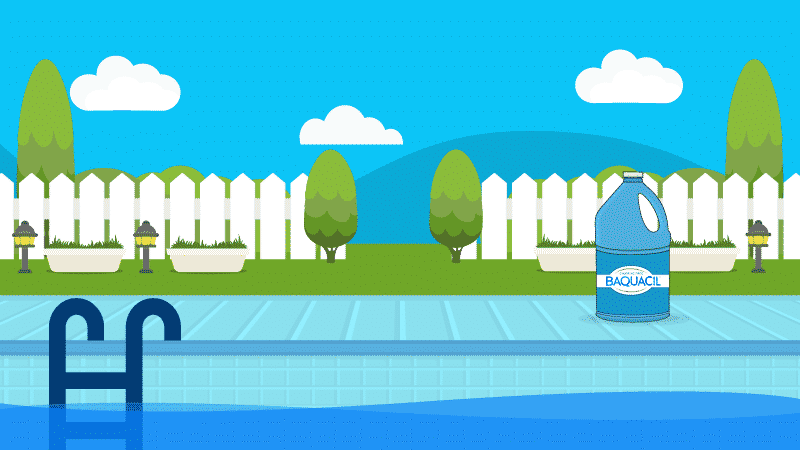
Tired of dry skin after every swim? Give Baquacil a try. It'll require added expense and extra work, but that may be worth the benefits of biguanide.
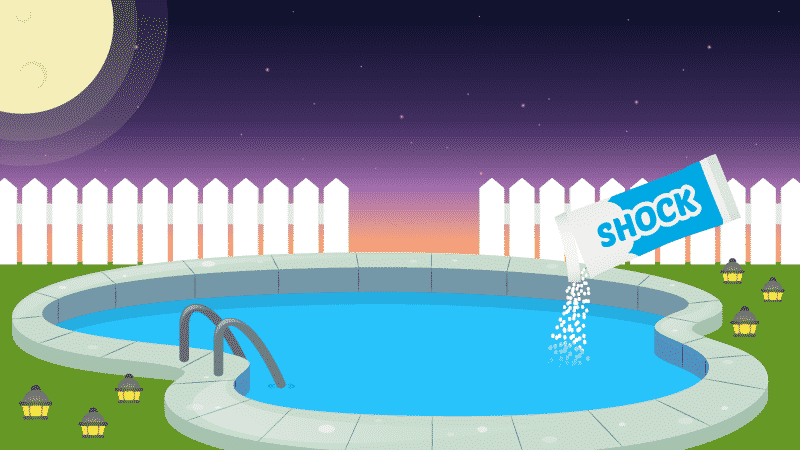
Does the type of pool shock you use make a difference? If you're not using calcium hypochlorite to shock your pool, you may want to reconsider your choice.
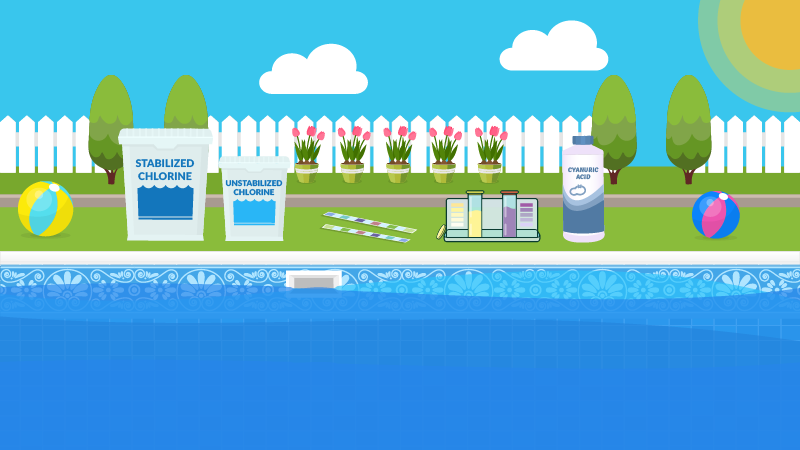
Learn the difference between stabilized and unstabilized chlorine so you can choose the one that will work best in your pool.